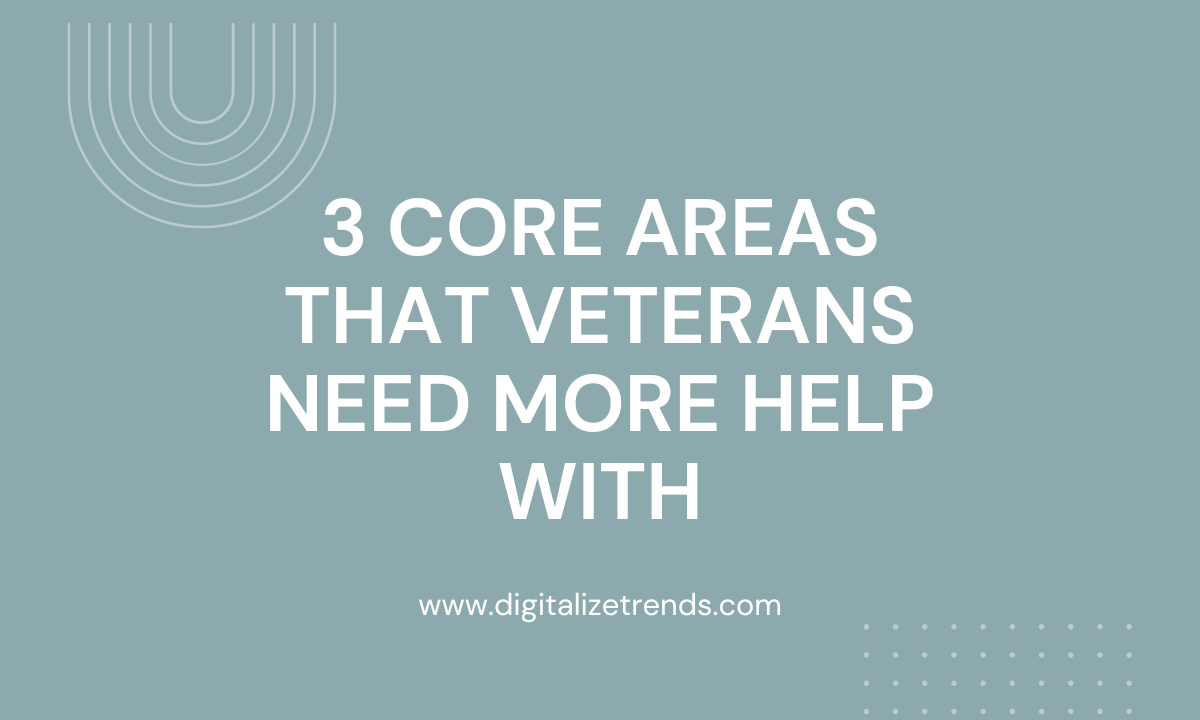Every year, numerous veterans across the nation encounter a variety of difficulties. Moving from a lifetime dedicated to military service to civilian life presents considerable obstacles. This transition often proves to be extremely challenging for many veterans, resulting in homelessness, unemployment, or entanglement in legal matters.
Statistics reveal that one out of every three veterans has experienced arrest at least once in their lifetime. Additionally, 8% of the total U.S. prison population, totaling 181,500 individuals, comprises former servicemen. In that context, here are three core areas that need to be talked about more.
1. The Logistics of Help
A lot of vets who served in Vietnam or even in the Gulf War aren’t in their prime anymore. They may be well into old age, and it doesn’t help that applying for benefits and help can be dauntingly complex.
TorHoerman Law highlights the significant number of veterans exposed to toxic firefighting foam who qualify for VA compensation and disability benefits. Despite this eligibility, the process of actually obtaining these benefits is more complex than it should be.
The VA Claims for exposure to AFFF process involves a formal application that is bureaucratic and time-consuming. Veterans are required to provide documentation to prove that the health side effects suffered were due to the toxic exposure. This application goes to a claims examiner, who may then request additional evidence.
The whole process can take over 103 days and can be exhausting for older vets. It’s a similar story anytime a vet wishes to file a claim with the VA.
Thankfully, there are a number of NGOs, law firms, and teams of volunteers who recognize the importance of offering vets help in these areas.
2. Relatable Mental Health Help
Many veterans deal with PTSD, and the nature of their experiences often causes them to build walls against civilians who haven’t seen combat. PTSD isn’t just caused by the traumatic events that they were subjected to in war. In many cases, it can stem from guilt over what they have done or not done during their service.
Many veterans doubt if mental health professionals truly understand their experiences. That’s why it’s vital for them to access resources tailored to their needs—a safe space where they can heal without fear of judgment from those who don’t grasp the realities of war and the trauma it can bring.
Psychologists and counselors with a military background can be of immense help here. However, when you consider the acute shortage of even regular psychologists in the country, you can see the trouble. We need to encourage more veterans to take up the cause of mental health.
This can be achieved by offering scholarships and subsidies for veterans wishing to get into mental health. As much as civilians would like to help veterans, we need to remember that these are people who have lived a unique life.
They deserve the chance to find and access mental health help within the tight-knit veteran community. This brings us to our third core area.
3. Social Life and a Sense of Connection
During their time in the military, veterans formed close bonds with the people around them. The camaraderie that forms when you sleep, work, fight, and live with your brothers-in-arms is something special. Losing that brotherhood when their time in the military is done can come as a huge blow.
Instead of trying to manage the tough adjustment, many veterans turn to habits that isolate them even more. They resort to solo drinking or playing video games if they happen to enjoy them.
It can be tough for an outsider to help a veteran come out of their shell. However, with insight into how much brotherhood means to them, it is possible to help vets be social again. The key is to help them connect to roles and allow them to feel like they are part of a team.
And no, toxic corporate “teamwork” isn’t what helps here. You might be surprised to know how much even being part of a local plumbing union can mean to them. Regaining the sense of being able to rely on a brother and having their back as well can help them find the connection they have been missing.
Conclusion
In conclusion, helping veterans isn’t as complex as it sounds when you understand what they truly need. It involves actually listening with the purpose of understanding, which is a skill that is sadly becoming rare today.
Speak to vets near you and find out what it is that would help them adjust better to civilian life. All you need to do is ask. It really is that simple. Even if you can’t find support from the V.A., you can get in touch with the many grassroots organizations out there!



